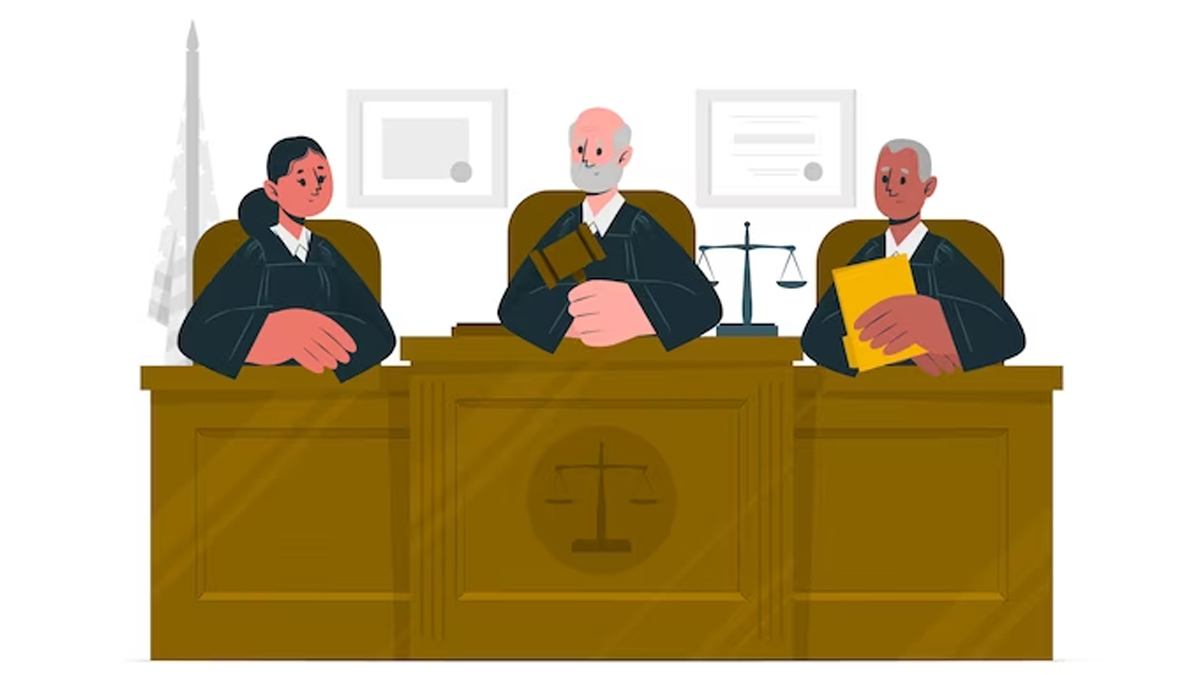This case is significant in Indian constitutional law as it dealt with the issue of the misuse of Article 356 of the Indian Constitution, which empowers the President of India to dismiss a state government and impose President’s Rule in a state under certain circumstances.
Here are the key points and outcomes of the Bommai case:
- Background: The case arose in the context of the political instability in the state of Karnataka in the early 1990s. The central government, under Article 356, dismissed the state government led by Chief Minister S.R. Bommai, citing the breakdown of the constitutional machinery in the state.
- Challenge: S.R. Bommai and other petitioners challenged the dismissal of the Karnataka government, arguing that the action taken by the central government was arbitrary and against the principles of federalism and democracy.
- Key Issues: The primary issues before the Supreme Court in this case were: a. Whether the action of the President or the Governor dismissing a state government could be subjected to judicial review. b. What are the grounds and limitations for the exercise of power under Article 356?
- Supreme Court’s Ruling: The Supreme Court, in its judgment, held that the dismissal of a state government under Article 356 could be subjected to judicial review. The court also laid down several important principles, including: a. The power under Article 356 should be used as a last resort and only in cases where there is a clear breakdown of the constitutional machinery in the state. b. The Governor’s report recommending President’s Rule is subject to judicial review, and it must be based on relevant material and not on extraneous considerations. c. The majority in the Legislative Assembly should be tested on the floor of the Assembly during a trust vote, and the Governor cannot act on a mere subjective satisfaction. d. The court also ruled that political considerations, including the party in power at the center or the state, cannot be a ground for imposing President’s Rule.
- Significance: The Bommai case had a significant impact on the relationship between the center and the states in India. It emphasized the principles of federalism, democracy, and the rule of law. It restricted the arbitrary use of Article 356 and reinforced the idea that the power to dismiss a state government should only be exercised in extraordinary situations.
The Bommai case is often cited in discussions about the balance of power between the center and the states in India and the importance of upholding the federal structure of the Indian Constitution.
